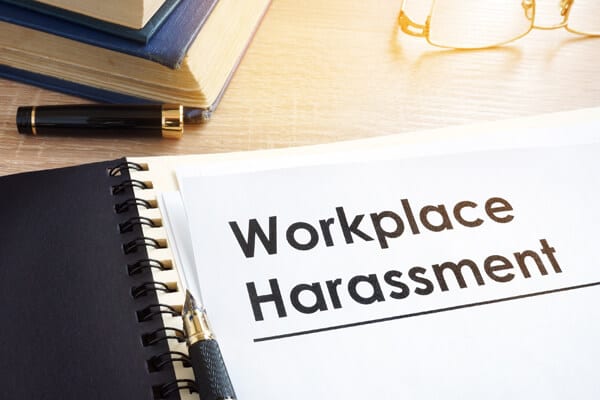What Compensation is Available in a Georgia Sexual Harassment Case?

There can be no doubt that sexual harassment laws and public awareness campaigns have reduced the frequency of wrongful incidents, but statistics indicate there is room for improvement. According to the Equal Employment Opportunity Commission (EEOC), more than 12,700 charges are filed every year alleging misconduct in the workplace. Fortunately for those who are subjected to unlawful treatment, there are legal remedies for enforcing your rights.
While many people are aware of their options, fewer fully understand what they may be entitled to recover in a successful claim. This is understandable, since the laws and legal process are complicated. You can rely on a Georgia sexual harassment attorney to pursue all remedies, but an overview of compensation may be helpful.
Proving Your Rights in a Sexual Harassment Claim: Before getting to the issue of compensation, you should be aware of what you need to prove in a sexual harassment case. As a form of sexual discrimination, the underlying concepts involve unfair treatment on account of sex. The EEOC defines sexual harassment as unwelcome sexual advances or requests, offensive comments, and physical misconduct that affect employment in two ways:
- When the acts are so pervasive and extreme that they interfere with a person’s ability to perform job-related tasks, thereby creating a hostile work environment; and,
- When the misconduct is quid pro quo in nature, meaning that the harasser is seeking sexual favors in exchange for preferential treatment in the workplace.
Compensation in a Successful Sexual Harassment Case: If you have sufficient proof of one of the two forms of sexual harassment described above, you may qualify for:
- Monetary Damages: This category of compensation is intended to reimburse you for your financial losses, so you may recover back pay, attorneys’ fees, and court costs. You can also seek damages for emotional pain and suffering, i.e., how sexual harassment has impacted your life in a subjective way.
- Equitable Relief: You may seek non-monetary remedies to make you whole as much as possible after experiencing sexual harassment. For instance, if you were terminated or overlooked for a raise, you may be entitled to be reinstated or promoted.
- Punitive Damages: This type of compensation is intended as a form of punishment against your employer for participating in extremely offensive, egregious sexual harassment misconduct.
Note that the EEOC limits compensatory and punitive damages that you can recover, based upon the size of your employer. The limit is $50,000 if you work for a company with 15-100 employees, and it increases up to $300,000 for companies that employ more than 500 workers.
The Legal Process for Recovering Compensation: The first step in seeking remedies for sexual harassment is filing a charge with the EEOC, which you must do with 180 days according to regulations on time limitations. The EEOC will investigate your allegations, and it may attempt to settle your claim or require you to participate in mediation. You must go through this administrative process but, if you are dissatisfied with the results, you can file a lawsuit in court.
Trust a Georgia Sexual Harassment Lawyer to Pursue All Types of Damages
It possible to recover the above forms of compensation and equitable relief in a sexual harassment claim, but you face an uphill battle if you attempt to go it alone in pursuing your remedies. Instead of putting your rights at risk, count on our team at the Vaughn Law Firm for assistance. To learn more about our legal services in sexual harassment cases and other areas of employment law, please call 877.615.9495 or go online to set up a free consultation our Decatur, GA office.


